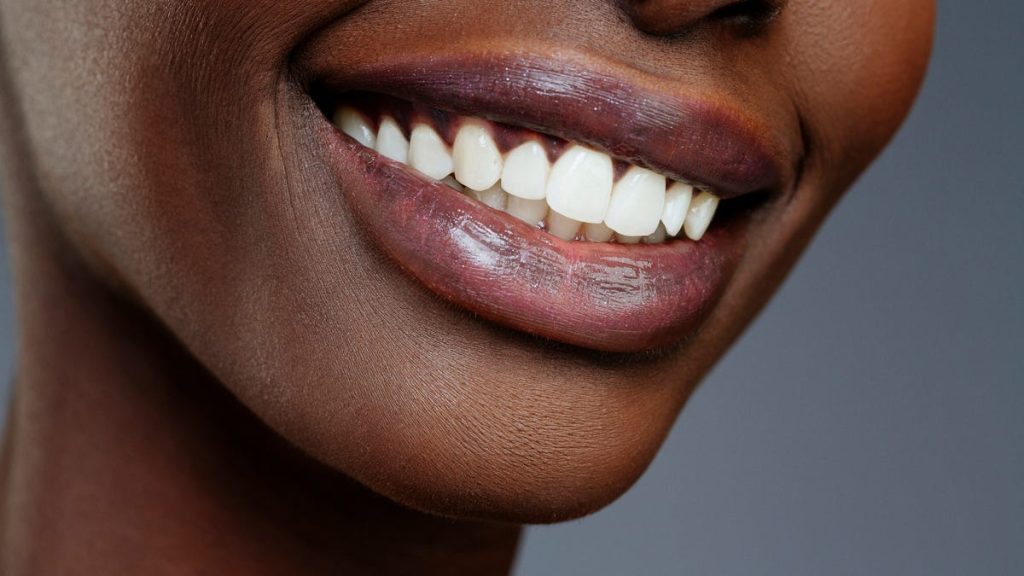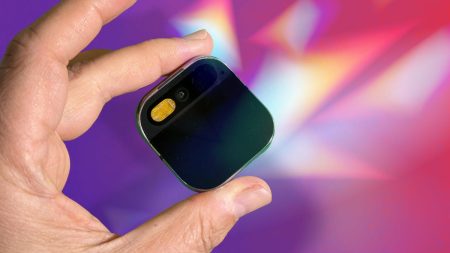Teeth Whitening: Navigating the Options for a Brighter Smile
The quest for a dazzling white smile has intensified over the years, leading to a surge in teeth whitening products. While professional whitening procedures offered by dentists are effective, their high cost often deters individuals. Consequently, many turn to whitening toothpaste as a more accessible and affordable alternative. However, it’s crucial to manage expectations and understand the limitations of these products. Whitening toothpaste primarily targets surface stains using abrasives, which can erode enamel if used excessively. Certain whitening agents like hydrogen peroxide, while generally safer, can still irritate gums with overuse. A balanced approach to teeth whitening involves selecting a toothpaste with a low relative dentin abrasivity (RDA) value and incorporating ingredients like fluoride or hydroxyapatite to strengthen enamel.
Choosing the Right Whitening Toothpaste: Factors to Consider
Navigating the crowded market of whitening toothpastes can be daunting. While a single "best" option doesn’t exist, choosing a toothpaste that aligns with individual needs and preferences is key. Consulting a dentist is always recommended for personalized advice. Several factors influence the efficacy and safety of whitening toothpastes. The type of whitening agent plays a crucial role. Abrasives like silica and calcium carbonate can be harsh, while hydrogen peroxide offers intrinsic whitening but may contain irritants like sodium lauryl sulfate (SLS). For sensitive teeth, opting for SLS-free formulas with low abrasiveness is essential. Some toothpastes incorporate natural ingredients like essential oils and dead sea salt, offering a gentler approach. Prioritizing overall dental health through regular cleanings, proper brushing and flossing habits, and incorporating fluoride or hydroxyapatite in toothpaste is vital for maintaining strong and healthy teeth.
Beyond Toothpaste: Exploring Alternative Whitening Methods
While whitening toothpaste can modestly brighten teeth, it’s important to acknowledge its limitations. Overuse can lead to sensitivity and enamel damage, making it unsuitable for long-term whitening solutions. For more significant and immediate results, professional in-office whitening or alternative home products like whitening strips are preferable. These options utilize higher concentrations of hydrogen peroxide for a more pronounced effect. Professional whitening procedures offer the most dramatic results but come at a premium cost. Whitening strips provide a convenient and effective at-home alternative, delivering faster results than toothpaste.
Maintaining a Healthy Smile: Beyond Whitening
Achieving a naturally vibrant smile goes beyond whitening treatments. Regular professional cleanings are essential for removing surface stains and maintaining optimal oral hygiene. A consistent oral care routine, including daily flossing and the use of an electric toothbrush, complements whitening efforts. Dietary habits also play a role in teeth discoloration. Swishing with water after consuming staining beverages like coffee or wine can help minimize their impact. Chewing sugar-free gum stimulates saliva production, reducing acidity and lowering the risk of cavities.
Managing Expectations: Embracing Natural Tooth Color
It’s crucial to recognize that some tooth discoloration is normal and unavoidable. Teeth naturally vary in shade, and striving for an artificial, uniformly white appearance is unrealistic. Maintaining healthy teeth and gums should be the primary focus, as a bright white smile doesn’t necessarily equate to good oral health. Regular dental checkups, a diligent oral care routine, and a balanced diet contribute to long-term oral health and a naturally appealing smile.
Recommendations and Considerations:
Several recommended toothpastes cater to different needs. Colgate Optic White Pro Series utilizes hydrogen peroxide for effective whitening but contains SLS. Crest Pro-Health Advanced Extra Whitening provides a more affordable option with hydrated silica. Sensodyne Pronamel Gentle Whitening caters to sensitive teeth with its low abrasiveness and SLS-free formula. Lumineux Whitening toothpaste offers a natural approach with essential oils and hydrated silica. Boka Ela Mint n-Ha toothpaste utilizes nano-hydroxyapatite for remineralization and whitening without fluoride. Ultimately, the best whitening toothpaste depends on individual preferences, sensitivity, and desired results. Consulting a dentist can provide personalized guidance on selecting the most suitable product and approach.










